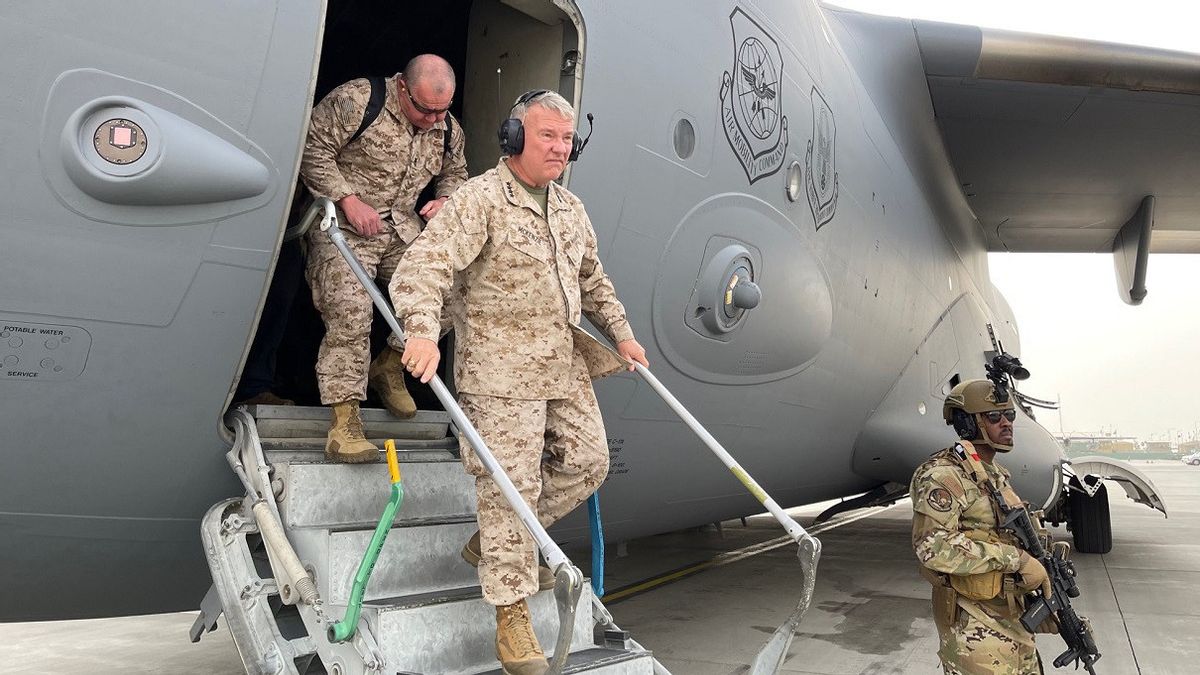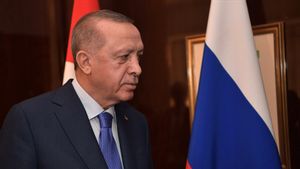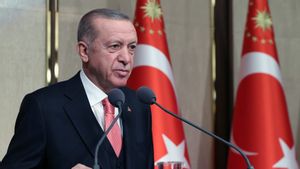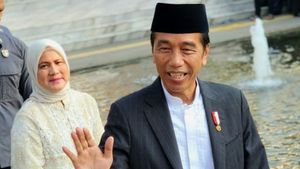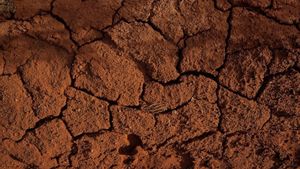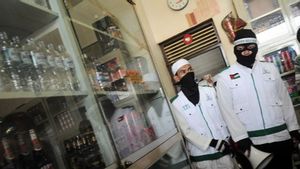JAKARTA - United States Marine General Frank McKenzie arrived in the United Arab Emirates (UAE) on Sunday for talks on improving the defenses of the Gulf nation, following a series of missile attacks launched by Houthi fighters in Yemen.
In recent weeks, the Iran-aligned Houthis have launched an unprecedented series of mostly failed missile attacks on UAE targets, prompting the UAE's air defenses and the US to respond.
The attacks highlight UN-led efforts so far failed to mediate the war in Yemen, which since 2015 has pitted the Houthis against a Saudi-led military coalition that includes the UAE.
General McKenzie, who oversees US forces in the Middle East as head of Central Command, said he was stepping up the planned visit in response to the Houthi offensive, hoping to underscore the US commitment to the defense of the Gulf state.
"I think it's a very worrying time for the UAE. They are looking for support. We are here to help them provide that support," McKenzie told reporters shortly before landing in Abu Dhabi.
Earlier this month, the Pentagon announced the deployment of advanced US F-22 fighter jets and guided-missile destroyer, USS Cole, to partner with the UAE navy ahead of a port visit in Abu Dhabi.

General McKenzie said the F-22 would provide the UAE with "one of the best reconnaissance radars in the world," capable of identifying targets, including ground attack cruise missiles and drones.
USS Cole (DDG-67) will operate in waters around the UAE, he said, overseeing shipments of illegal contraband.
The US military has so far described its support for the Emirates as bilateral and defensive aid, as opposed to any assistance to the Saudi-led coalition itself.
Asked about the latest Houthi missile attacks, General McKenzie said they might be driven by a variety of scenarios, including in response to battlefield setbacks.
"It's hard to know all the Houthi reasons behind this. I don't think the Houthis are used to losing in Yemen," he said.
SEE ALSO:
The war in Yemen, which has killed tens of thousands of people and caused a humanitarian crisis, is widely seen as a proxy war between Saudi Arabia and Iran.
Washington accuses Tehran of supplying the Houthis with advanced weaponry.
"The medium-range ballistic missiles that were fired from Yemen and entered the UAE were not invented, made, designed in Yemen. All of that is happening elsewhere. So I think we are definitely looking at Iran's ties to this," he said.
The English, Chinese, Japanese, Arabic, and French versions are automatically generated by the AI. So there may still be inaccuracies in translating, please always see Indonesian as our main language. (system supported by DigitalSiber.id)
